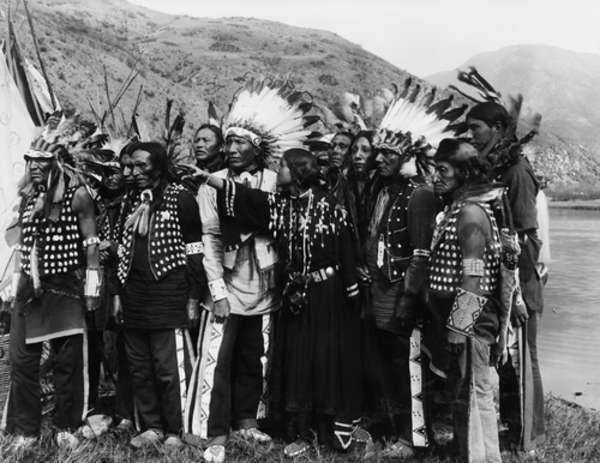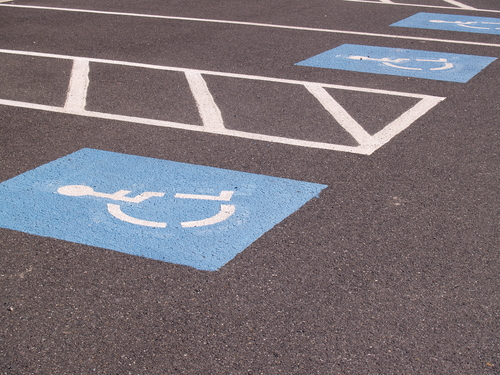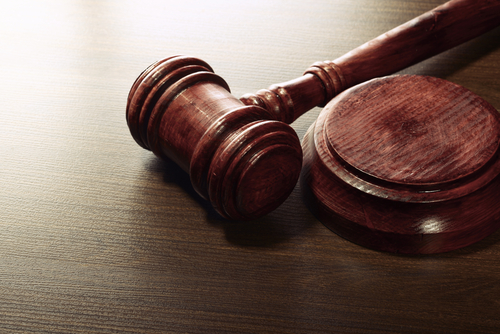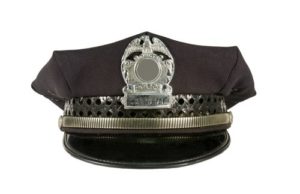A Guide to the Bureau of Alcohol, Tobacco, Firearms and Explosives
 What is the Bureau of Alcohol, Tobacco, Firearms and Explosives (ATF)?
What is the Bureau of Alcohol, Tobacco, Firearms and Explosives (ATF)?
The Bureau of Alcohol, Tobacco, Firearms and Explosives is a Federal agency responsible for the regulation and oversight of Alcohol, Tobacco, Firearms and Explosives; these items are not only considered to be taxable by the Federal government, but are also considered to be controlled substances, as well – the definition of a controlled substance is identified as items whose legal usage and purchase are subject to the adherence of applicable legislation.
Bureau of Alcohol, Tobacco, Firearms and Explosives Quick Facts
The following details outline the administration of the Bureau of Alcohol, Tobacco, Firearms and Explosives:
The Bureau of Alcohol, Tobacco, Firearms and Explosives received its title in 1968 following the passing of the Gun Control Act of 1968; however, prior to 1968, the ATF undertook the title of ‘Revenue Laboratory’ undergoing various shifts regarding its jurisdiction under the United States Department of Treasury and the United States Department of Justice
The headquarters of the Bureau of Alcohol, Tobacco, Firearms and Explosives are located in Washington, D.C.
The acting director of the Bureau of Alcohol, Tobacco, Firearms and Explosives is Kenneth T. Melson; William J. Hoover is the Acting Deputy Director of the ATF
The ATRF and the Executive Branch of the Federal Government
The Bureau of Alcohol, Tobacco, Firearms and Explosives functions as a government agency under the Executive Branch of the United States government, which is comprised of 3 total branches; in addition to the Executive branch – which is responsible for the regulation and enforcement of operational legislation existing within the United States of America – there also exists the Legislative and Judicial Branches:
The USDOJ and the ATF
The Department of Justice undertakes all manners of criminal activity existing on a national level, which includes crimes occurring on both foreign and interstate levels; the role of the ATF furthers these undertakings with regard to criminal activity involving taxable and controlled items, such as alcohol, tobacco, forearms, and explosives – both the USDOJ and the ATF are responsible for the protection of the safety and wellbeing of the collective citizenship of the United States of America, as well as the preservation of applicable legality regarding items mentioned in the agency’s title.
Bureau of Alcohol, Tobacco, Firearms and Explosives Legality
Administrative Law is the legal field associated with events and circumstances in which the Federal Government of the United States engages its citizens, including the administration of government programs, the administration and operation of government agencies, and the establishment of a legal, regulatory federal standard. The ATF can be contacted through the following means:
Bureau of Alcohol, Tobacco, Firearms and Explosives (ATF)
Office of Public and Governmental Affairs
99 New York Avenue, NE
Room 5S 144
Washington, D.C.
20226
(800) 800-3855



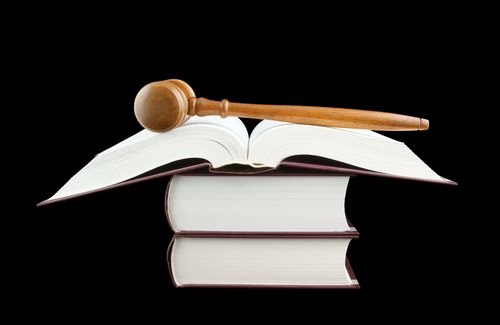 What is the United States Department of Justice Civil Rights Division (CRD)?
What is the United States Department of Justice Civil Rights Division (CRD)? What is the Community Oriented Policing Services (COPS)?
What is the Community Oriented Policing Services (COPS)?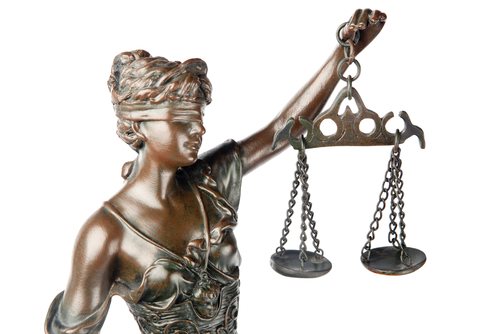
 What is the Office of Privacy and Civil Liberties?
What is the Office of Privacy and Civil Liberties?